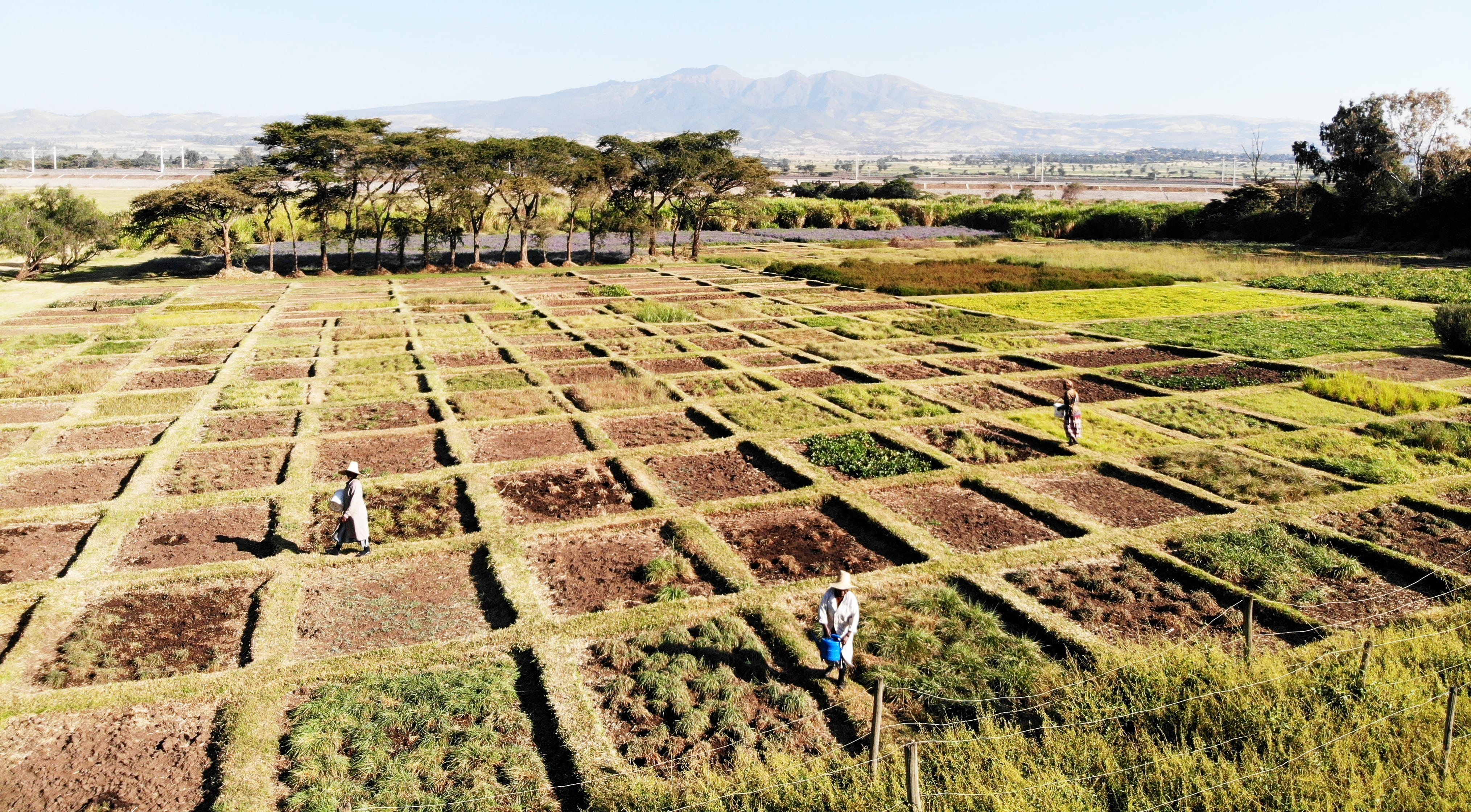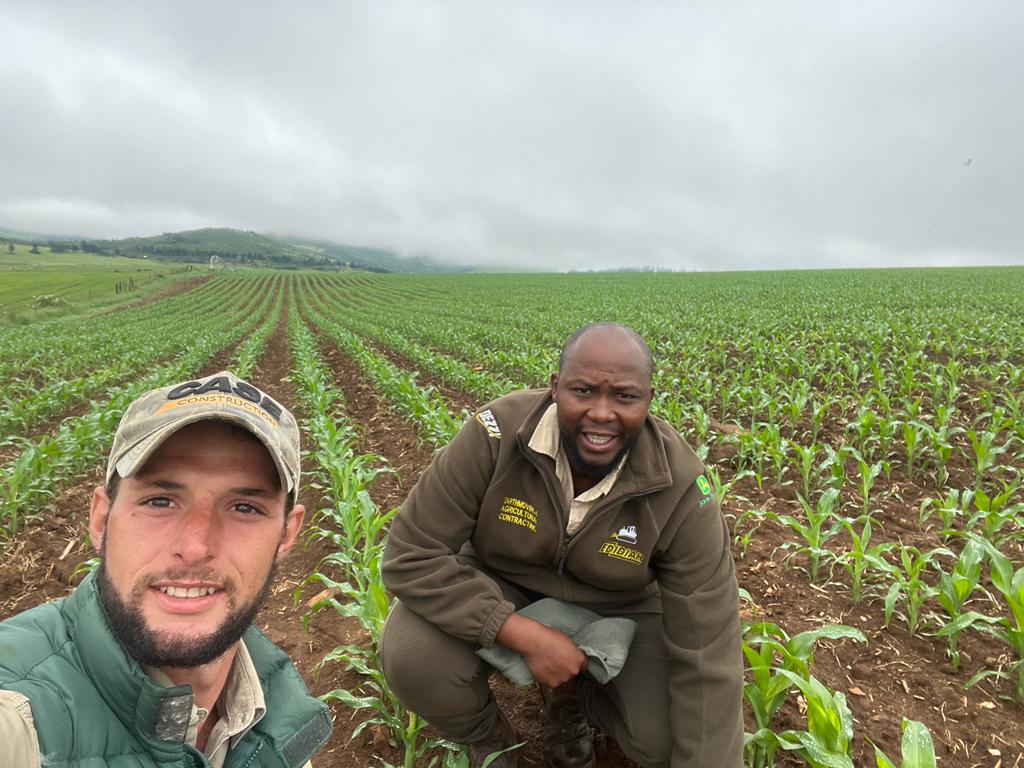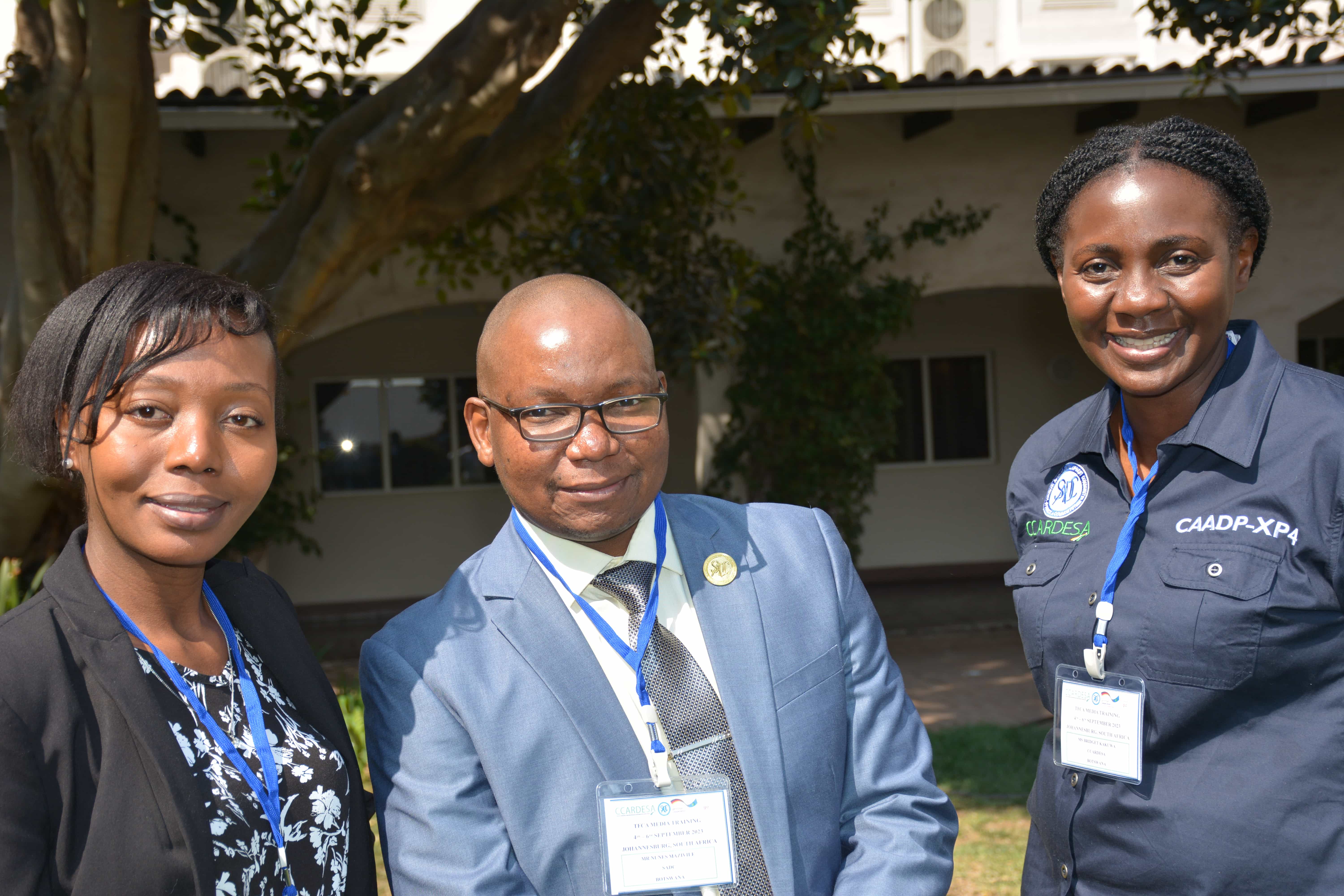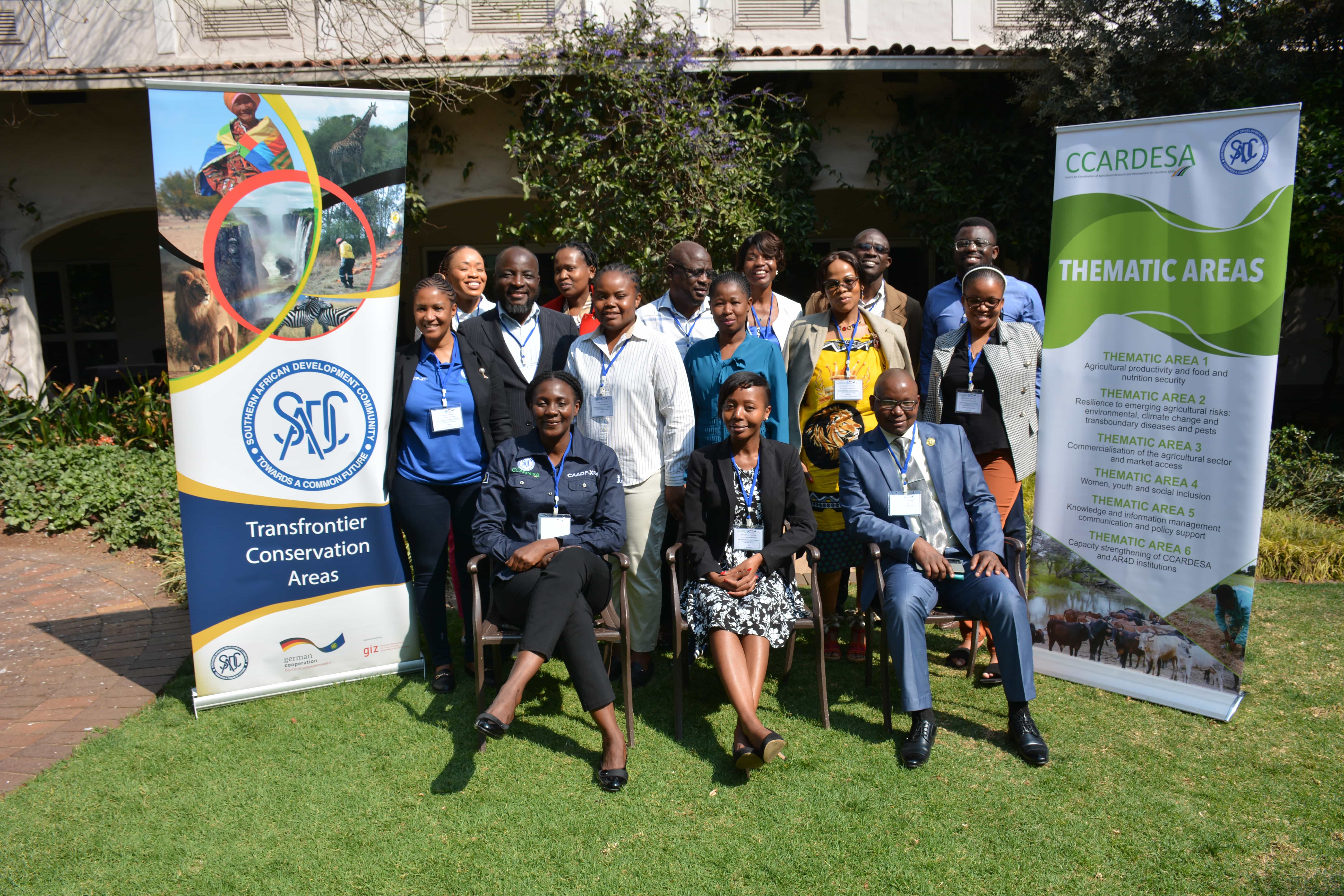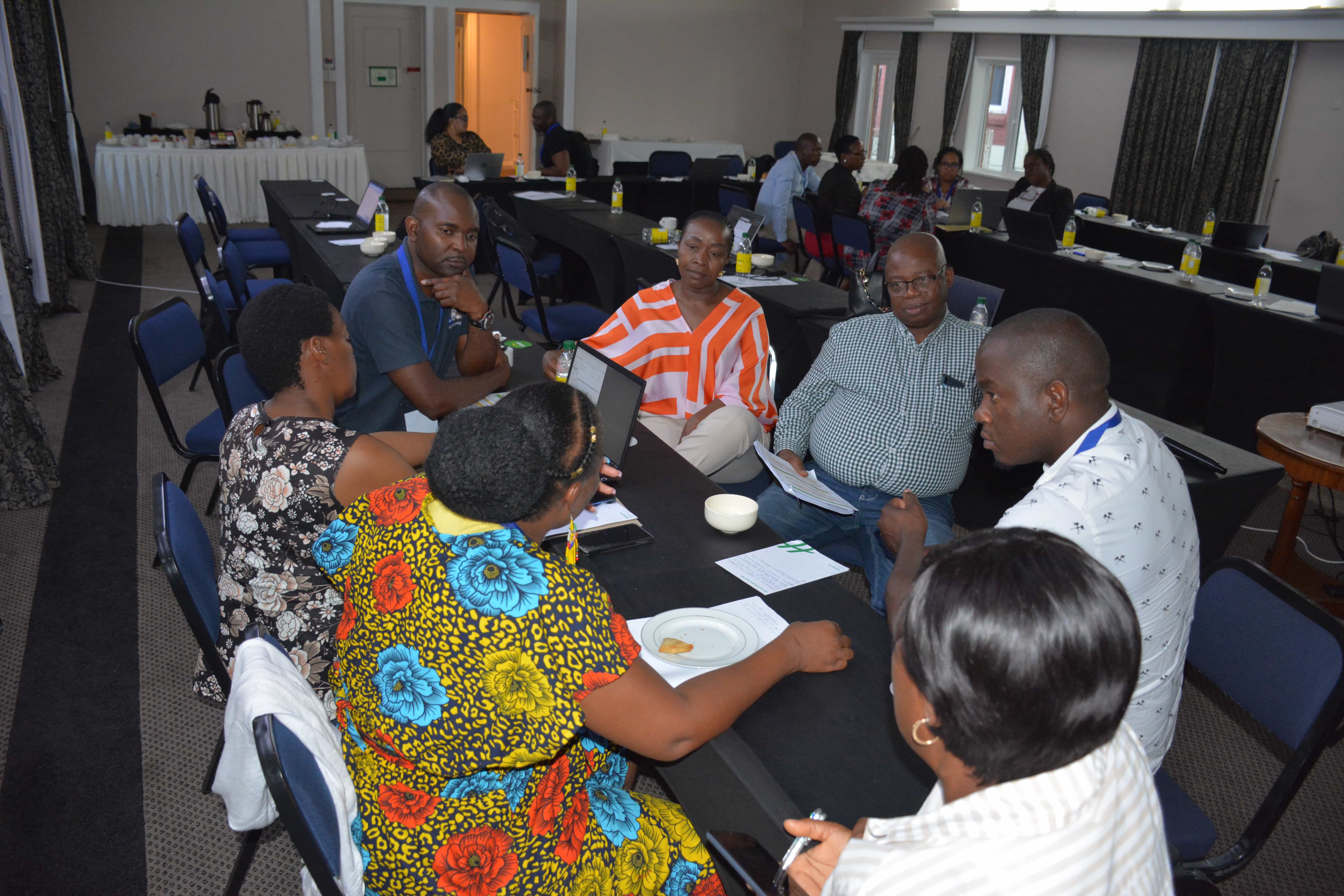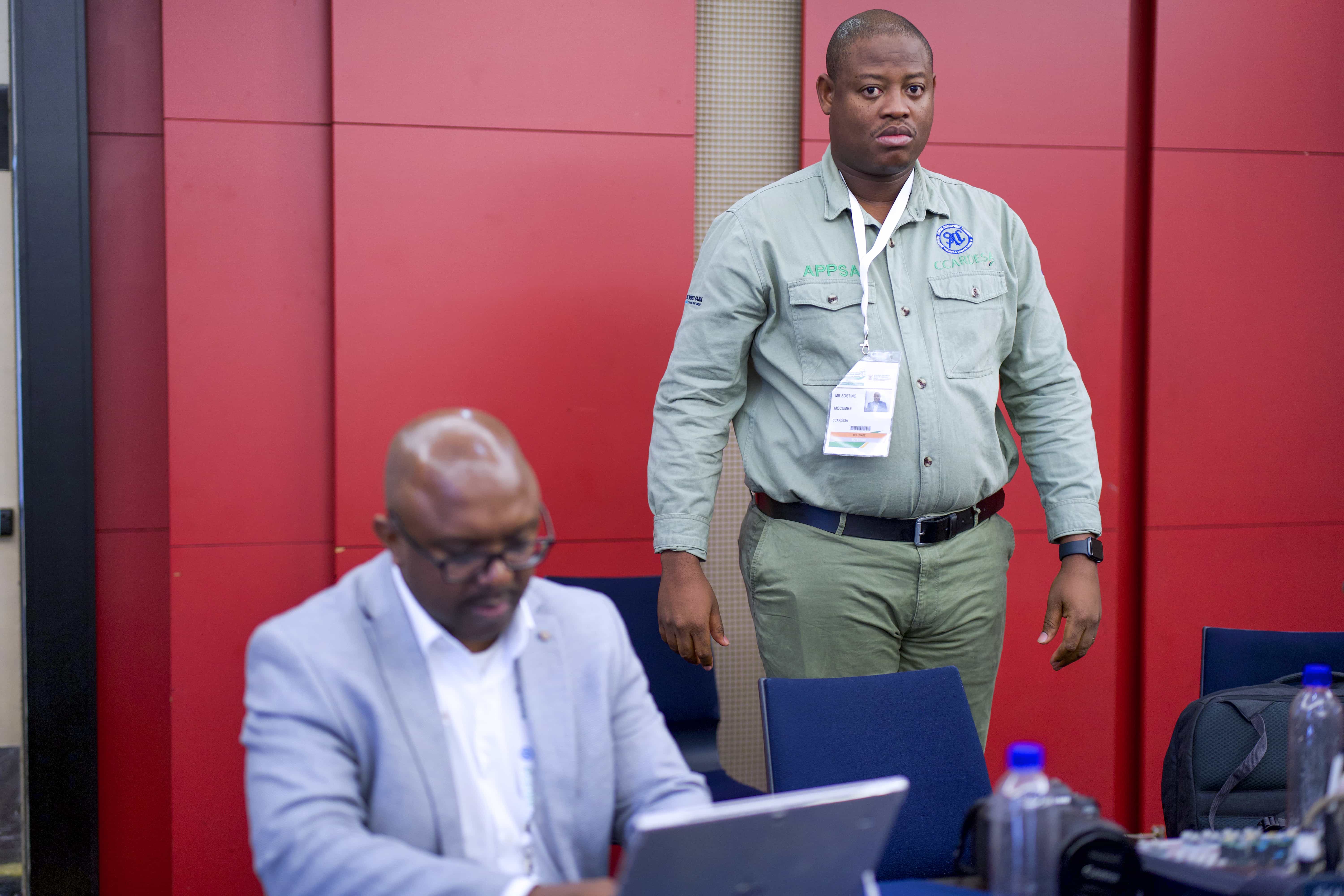Public Perceptions of Climate Variability Risks on Wetland Management: A Case of Ward 15 of Matobo North District, Zimbabwe
Wetlands are unique for storing water from storms; recharging ground water and serving as the habitat for a variety of aquatic organisms, wildlife and plants, including rare, threatened, endangered and endemic species. However, climate variability has led to the shrinking and drying up of most wetlands in Zimbabwe. This study looked at the public perceptions of climatic experiences in their environment, level of knowledge about wetland management and attitudes towards implementing these strategies. Data collection and analysis was based on field surveys in two villages around Intunjambili wetland, including five focus groups, questionnaires (five point Likert-scaled) given to 27 households, structured interviews and observations. The results indicate that a significant proportion of the locals are aware of the dynamics of the local climate; the majority of the participants have heard of climate variability but very few know the causes. The majorities of the participants use indigenous knowledge systems to conserve their wetlands and are reluctant to implement scientific methods as they are perceived as expensive. The study points to the need to encourage residents to merge scientific methods and indigenous knowledge systems in wetland management and to increase outreach about the climate variability risk, for sustainable environmental management.
Climate risk,
Wetlands,
Perception
Ndiweni Nkululeko Joshua, Gwate Onalenna, (2014). Public Perceptions of Climate Variability Risks on Wetland Management: A Case of Ward 15 of Matobo North District, Zimbabwe. p.38. https://www.researchgate.net/publication/295668297_Public_Perceptions_o…


